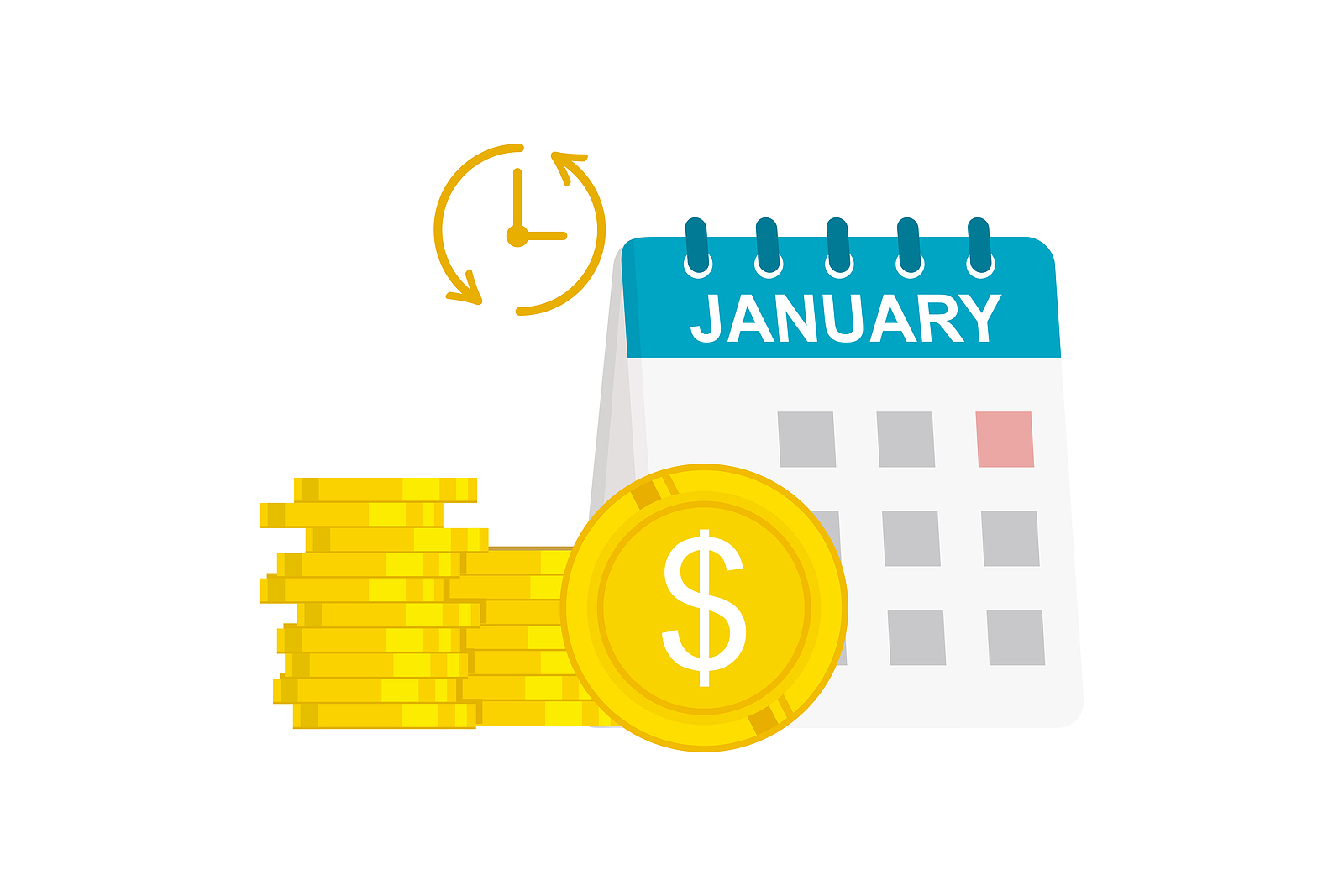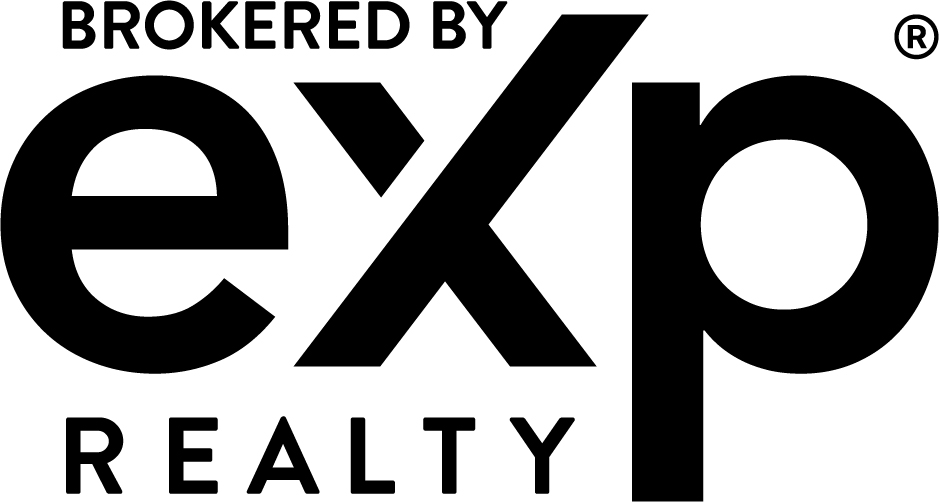Yes, there are ways how to pay off a 30-year mortgage in 15 years. But first, this…
The news of escaping a nationwide recession was almost accepted by most Americans. The problem is, however, that while the S&P is up and jobs are being added, “… millions of individual recessions are playing out all across America,” according to Andrew Lisa at Yahoo Finance.
These mini “recessions” include the nearly-17 million folks who have lost their jobs since the beginning of 2023, according to research at Statista.com.
Then, there are those Americans who were on the margins financially, now paying inflated prices at the gas pump, facing huge grocery bills and paying skyrocketing home energy bills.
Suffice it to say that these folks probably aren’t in a position to begin the journey to paying off their mortgage early.
If you are among those who can, read on for some tips…

Financial Freedom Now, Not in 30 Years
If you’re looking to gain financial freedom faster, paying off a 30-year mortgage (or however many years are left on yours) in 15 years, there are several strategies from which to choose.
How to Pay Off a 30-Year Mortgage in 15 Years – Refi to a Shorter Loan
One of the most effective ways to accelerate mortgage repayment is by refinancing to a shorter-term loan, such as a 15-year fixed-rate mortgage. If you bought when rates were low, however, you may be shocked by what you’ll be asked to pay for even a 15-year mortgage.
Consult with your financial adviser to determine if this is a good route to follow, financially.
Increase Your Monthly Payments
Paying more than the minimum monthly requirement can speed up your mortgage payoff. Even a small increase each month can make a big difference over time.

Make Bi-Weekly Payments
If, like a lot of us, you can’t stomach a bigger chunk of money going out, consider cutting it up into bite-sized bits. This is especially helpful for those who get paid bi-weekly.
Divide your monthly mortgage payment in half and pay that amount every two weeks instead. By doing this, you’ll make 26 half-payments each year, which equals 13 full payments. This extra payment each year can cut years off your mortgage term and all that interest you’d end up paying on it.
Take Advantage of Windfalls
If you receive any unexpected windfalls, such as an inheritance, work bonus, or a sizeable tax refund, consider using a portion of it to make an extra mortgage payment. Remember, every additional dollar you put toward your principal reduces the amount of interest you’ll pay in the long run.
Cut Unnecessary Expenses
Review your monthly expenses and identify areas where you can cut back. It may mean cooking at home more often, canceling unnecessary subscriptions or finding cost-effective alternatives for entertainment. Redirect the money saved into your mortgage payments.
Consider Mortgage Recasting
Mortgage recasting is a lesser-known strategy that allows you to make a substantial lump-sum payment to your lender, which in turn reduces your monthly mortgage payments.
This can be useful if you come into a large sum of money but want to maintain a lower monthly payment for flexibility.
Learn more about mortgage recasting and its amazing benefits at RocketMortgage.com.

Refinance if Interest Rates Drop
Keep an eye on interest rates and consider refinancing your mortgage if rates significantly drop below your current rate.
Refinancing can help you secure better terms and potentially lower your monthly payments, which can be redirected toward your principal.
Seek Professional Advice on How to Pay Off a 30-Year Mortgage in 15 Years
If you’re unsure about which strategies suit your financial situation best, consider consulting with a financial advisor or a mortgage specialist. They can provide personalized advice and guidance based on your specific circumstances.
Remember, the journey to becoming mortgage-free requires patience and perseverance. Celebrate your milestones along the way, and don’t be too hard on yourself if unexpected expenses arise. Keep your eye on the prize, and you’ll soon enjoy the peace of mind that comes with owning your home outright.
I am an not attorney, accountant or financial advisor and the information in this blog post is not a substitute for professional advice. It is for educational and informational purposes only.






